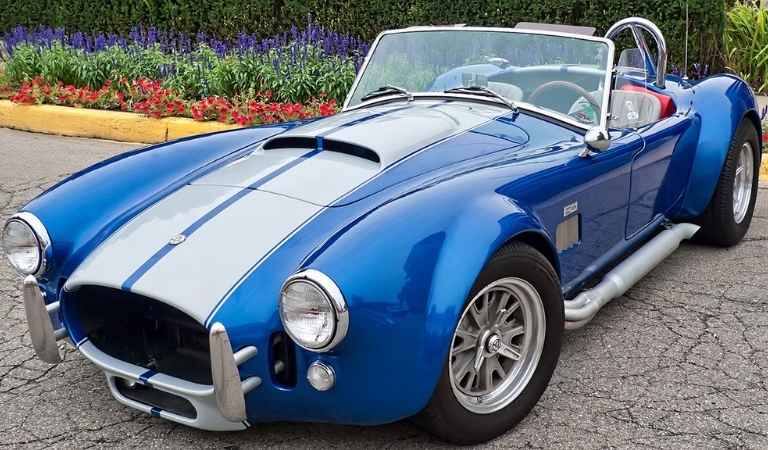Classic cars have an aura around them that most modern-day vehicles simply can’t compete with. Whether it’s the nostalgia they evoke or their head-turning style, there’s no denying the allure of a classic car.
With so much pizazz, it’s easy to see why classic cars are so sought after. People pay top dollar for specific makes and models — a 1962 Ferrari GTO sold for just shy of $48.5 million. While most people will opt for a more affordable vintage option, many finances, insurance, and maintenance details go into owning an older vehicle.
What most people may not consider before purchasing a classic car is how much they can differ from more modern vehicles. Beyond the excitement of owning a classic car is a lot of research, hard work, and knowledge.

Insuring a Classic Car
It’s no secret you shouldn’t hit the road without auto insurance. And having a classic car is no exception to this. It’s essential to have the right kind of coverage before you start driving. When it comes to insurance options, you may be wondering, are classic cars cheaper to insure?
Unfortunately, the answer is no. Auto insurance for classic cars falls under the category of specialty products, making it generally more expensive than coverage for a more modern vehicle.
Parts for these vintage vehicles are typically hard to find and pricey. Due to their high replacement cost, insurance companies see classic cars as more of a risk than a recent model.
Most often, vintage cars are insured based on an agreed-upon value by you and your insurance company. You will both discuss the value of your vehicle, and this will be your coverage amount and the amount your insurance rates are based off.
Sacrificing Safety in a Classic Car
While the look and feel of a vintage vehicle draws people in, it’s important to remember that these cars are not nearly as safe as newer models. Even if your classic car is in good health, it doesn’t equal safety.
As technology advances, so too does the automobile. Cars made before technology advancements won’t have the safety features we see in models today. Features like seatbelts and airbags have been improved over the years to be safer and more reliable.
When you drive a classic car, you forego these advanced safety features for ones that are much less reliable. You are putting yourself at greater risk, even by driving them short distances.
Classic Cars Offer Lower Fuel Efficiency
Gas prices are hard to gauge, and sometimes they can skyrocket. Newer vehicles have been created with fuel savings in mind, making them a more affordable option to drive. Classic cars don’t have the fuel efficiency seen in modern vehicles, making them more likely to guzzle gas at a faster rate.
If you plan to drive them long distances, be prepared to pay a much heftier gas bill than you would with a newer vehicle. But, keep in mind auto insurance for new cars can be expensive. So there are pros and cons both ways.
Maintenance Can Be Tricky for Classic Cars
While it’s true that vintage cars have easier repairing techniques than newer makes, the struggle often comes with finding the tools and materials needed to complete the work.
Because of their age, the parts needed for repairs and restoration on classic cars are usually harder to come by. With a newer model, you can typically call almost any car repair shop, and they will have the parts you need.
Older vehicles can be a little more tricky to locate parts for, and they may come with a more significant price tag than you would expect. You could wait quite some time before finding the part you’re looking for due to its minimal availability.
Classic Cars: Knowledge is Key
With their eye-catching looks and their reminders of times long since passed, vintage vehicles can be the perfect hobby for many people. The work they take often only makes the reward that much sweeter.
However, before purchasing, it’s essential to do your research. Understanding the extra costs, the maintenance difficulties, and the safety differences can help you determine if a classic car is genuinely right for you.